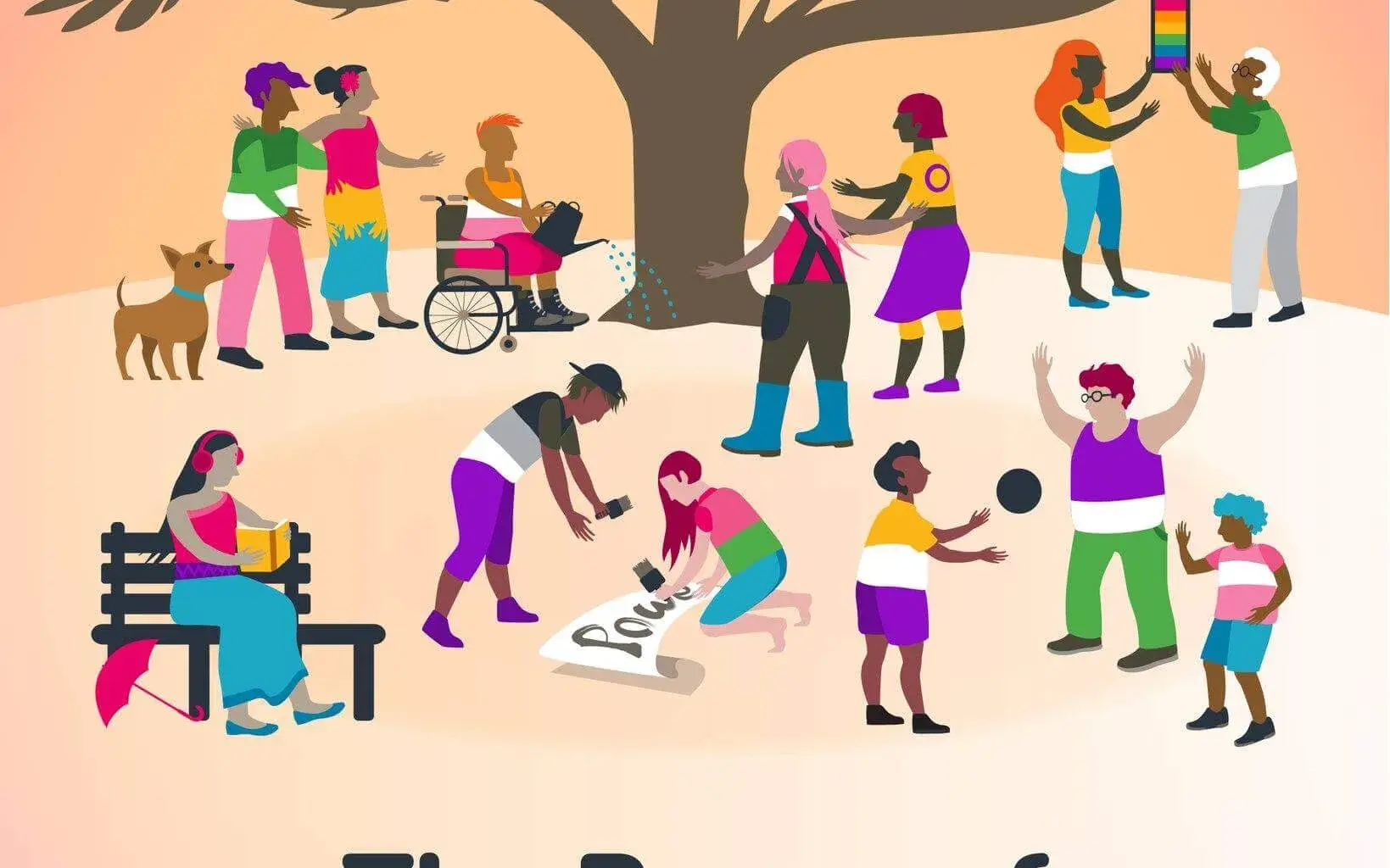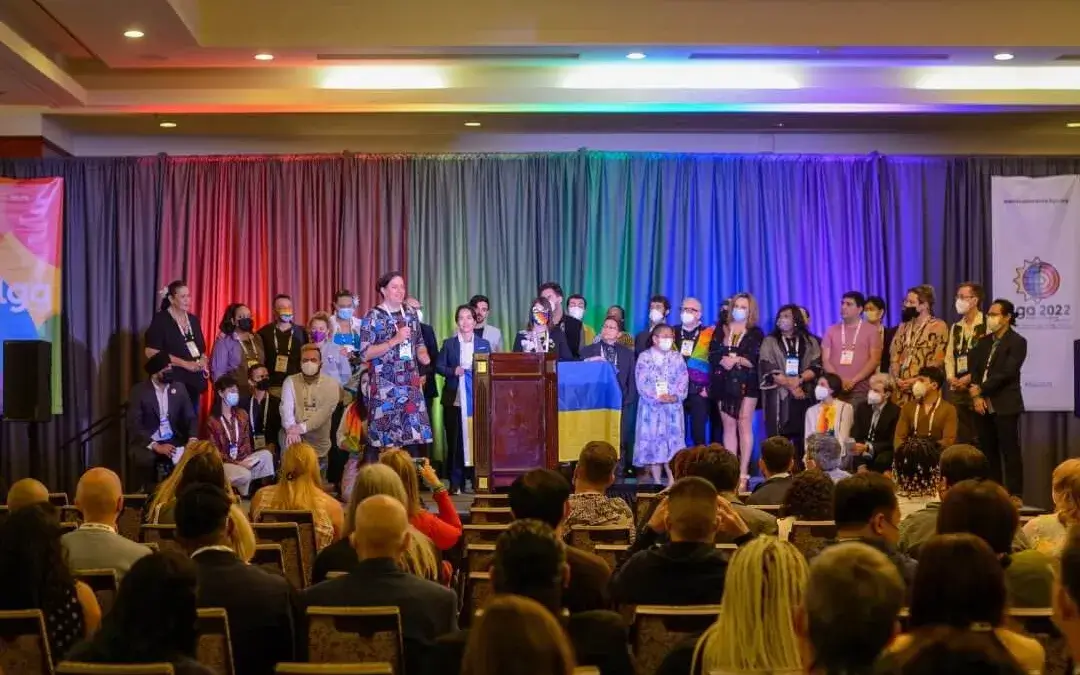Amnistia Internacional Catalunya emphasizes that denying the right to marry based on sex alone violates several human rights.
On May 26th, Costa Rica became the first country in Central America to legally recognise same-sex marriage, the eighth in the American continent and the twenty-ninth in the world.
This was possible after the expiration of the 18 months period the Constitutional Chamber of Costa Rica gave Congress to process a law on equal marriage, which did not happen. When the term expired, the articles of the Family Code and other laws that prevent same-sex marriage were repealed.
The ruling of the Constitutional Chamber upheld an Advisory Opinion issued in January 2018 by the Inter-American Court of Human Rights (IACHR) at the request of the Government of Costa Rican, which it urges the countries of America to guarantee the human rights of the population sexually diverse, including egalitarian marriage.
For Amnistia Internacional, this decision is very good news, as "if we make an inclusive reading of international human rights standards, denying the right to marry based on a person's sex alone violates several rights, including the right to non-discrimination, the right to equality before the law and the right to have a family," says Dani Vilaró, communications officer at Amnistia Internacional Catalunya.
A step forward to the future
In addition to this step forward, Costa Rica has made great strides in the last year in strengthening democracy and the rule of law by recognising and celebrating diversity without discrimination or exclusion. For example, several advances that have been obtained in Costa Rica are the access of the LGBTIQ+ population to Social Security, the assurance of hormonal treatments for trans people, and the possibility of changing the names on the identity document.
Costa Rica's progress may encourage several countries in Latin America such as Cuba, Bolivia, Guatemala, El Salvador, Honduras, Peru or Paraguay, where same-sex marriage is still not legally recognised. Meanwhile, the LGBTI community continues its struggle and hopes that its rights will be recognised in the same way as the rest of the continent.









Add new comment